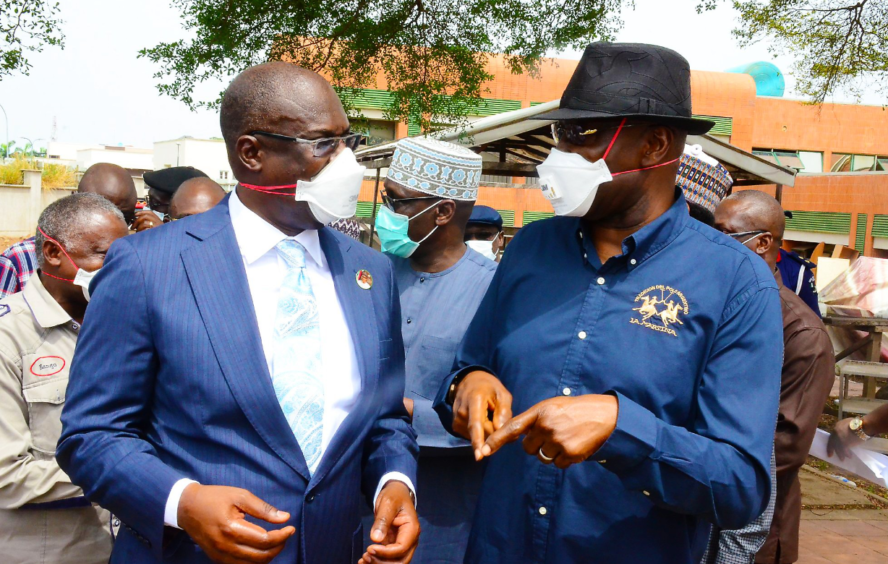
Investments by the world’s NOCs are incompatible with limiting climate change, according to new research published by the Natural Resource Governance Institute (NRGI).
The group believes NOCs could spend around $1.9 trillion over the next 10 years. If demand falls, as needed to reach the 2 degree warming limit, one fifth would not make a profit.
If carbon capture and storage (CCS) is not deployed, NRGI continued, this figure would rise beyond the $400 billion wasted.
“A huge amount of state investments in oil projects will likely only yield returns if global oil consumption is so high that the world exceeds its carbon emission targets,” said one of the report’s co-authors and NRGI advisor Patrick Heller.
The report, “Risky Bet: National Oil Companies in the Energy Transition”, claims to be the first to analyse spending plans from the NOCs.
These spending plans have “major implications for the economic futures of national oil companies’ home countries.
“State-owned oil companies in developing and emerging countries including Algeria, Mexico and Nigeria might collectively invest more than $365 billion in such high-cost projects – expenditures that could instead help alleviate poverty or diversify their oil-dependent economies,” Heller said.
African squeeze
Nigerian National Petroleum Corp. (NNPC) may find that half its’ spending on oil projects do not breakeven. Nigeria has a fairly high breakeven price when compared with the Middle Eastern NOCs.
“If international oil companies and private investors make good on their stated ambitions to move away from hydrocarbons, state actors may be even more tempted to step in and fill the gap in oil production,” Heller said.
The report also raised concerns about Mozambique’s Empresa Nacional de Hidrocarbonetos (ENH) and Colombia’s Ecopetrol.
More than two thirds of ENH’s projects will not breakeven if long-term prices are below $40 per barrel. The value of ENH’s plans at risk equate to 179% of government expenditure.
Misallocation of spending by NOCs is particularly concerning for those states that are most dependent on these companies. NRGI raised concerns about African countries, saying particularly concerning were “Algeria, Angola, Mozambique and Nigeria, and to a lesser extent Ghana and Tunisia”.
MENA
NRGI also released a briefing on plans from the Middle East and North Africa. The global leaders – such as Saudi Aramco and Qatar Petroleum – have a “built in advantage”. These companies have a large resource base and costs are low.
While Aramco is increasing its refining and petrochemical footprint, such a move may not be suitable for Sonatrach.
“Investing in a large-scale domestic project without secure access to feedstocks runs creates the prospect that the project may fail, at significant cost,” the briefing said. Sonatrach faces a risk of over investing in this sector “as it considers three new refining units with capacity of 5 [million barrels per day] each within Algeria. Spending on these projects could end up stranded if reserves are insufficient or too expensive.”
Algeria “faces particular challenges”. The International Monetary Fund (IMF) has forecast that Algeria needs a price of $92 per barrel for fiscal breakeven.
Governments and NOCs could consider alternatives in order to reduce risk. One way would be to allow foreign majors to take more ownership of resources, or through the sale of equity in NOCs.
States should also consider spending. The MENA countries often provide a high degree of subsidies for consumers. Governments may need to consider how to reduce these.
NOCs should also work out how to increase commercial efficiency, NRGI said. When prices are high, efficiency can be overlooked. They now face a “future with lower and more uncertain revenues” and so “MENA governments cannot afford inefficiency and waste”.
